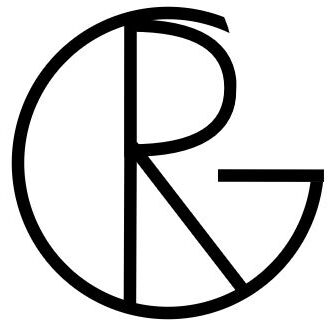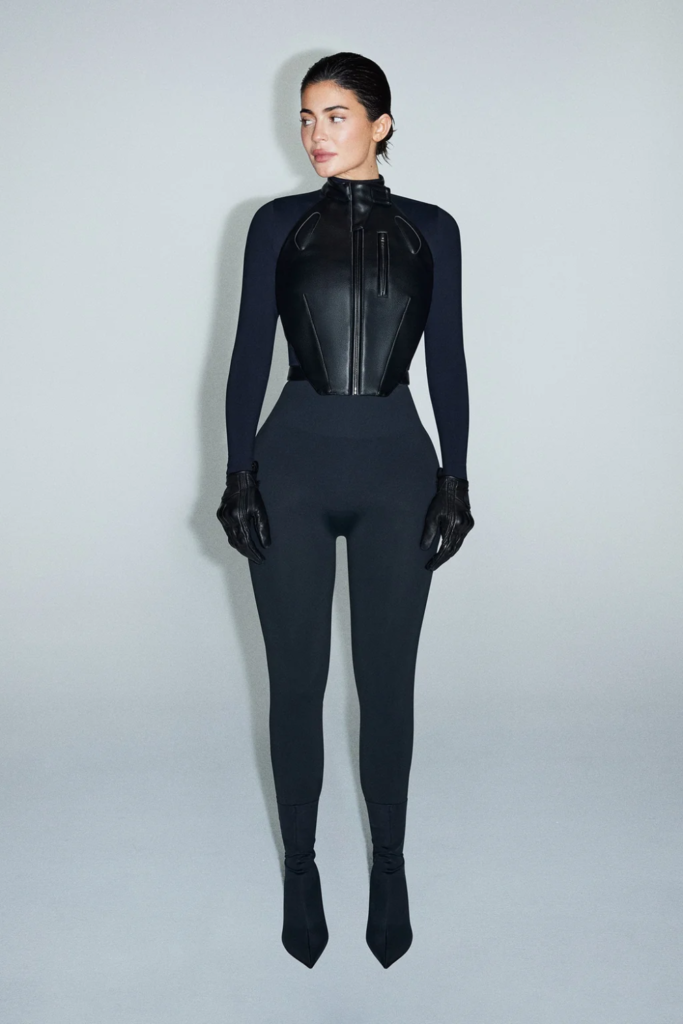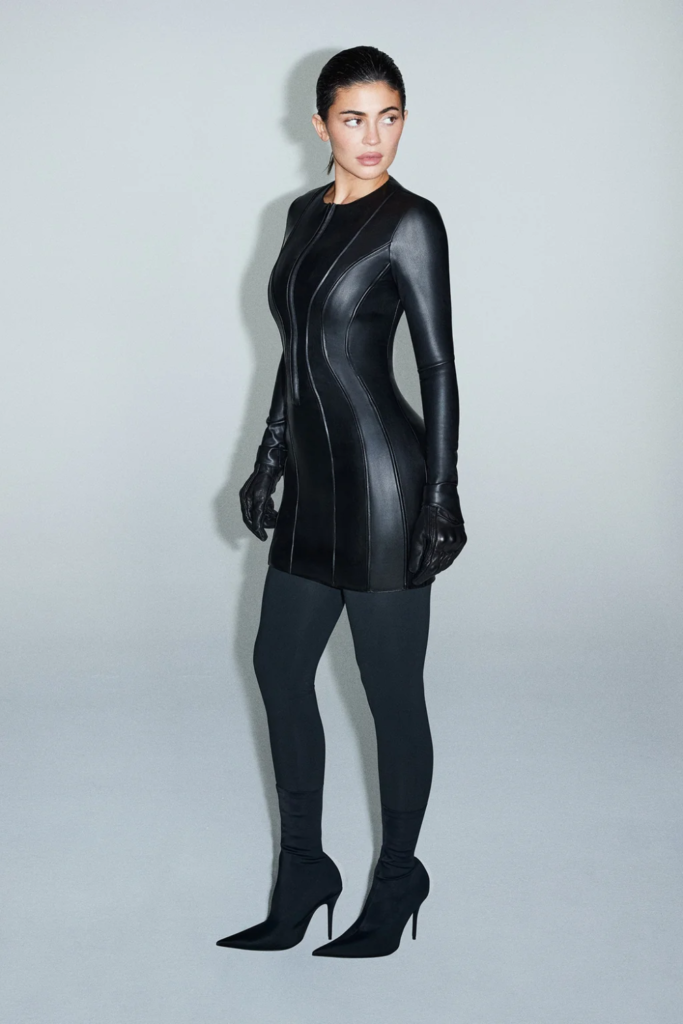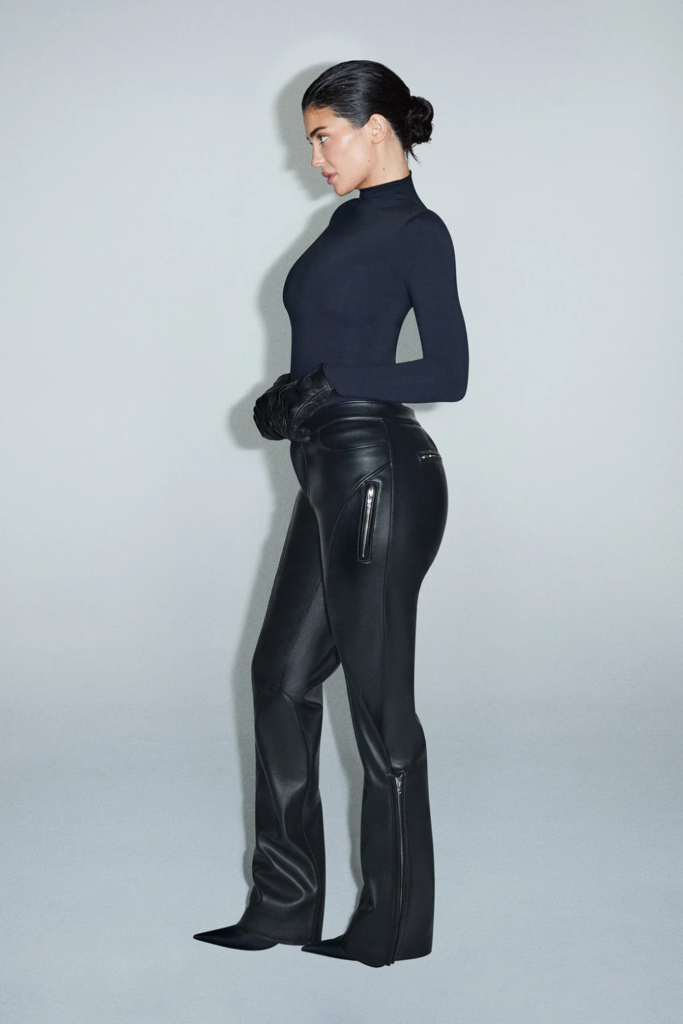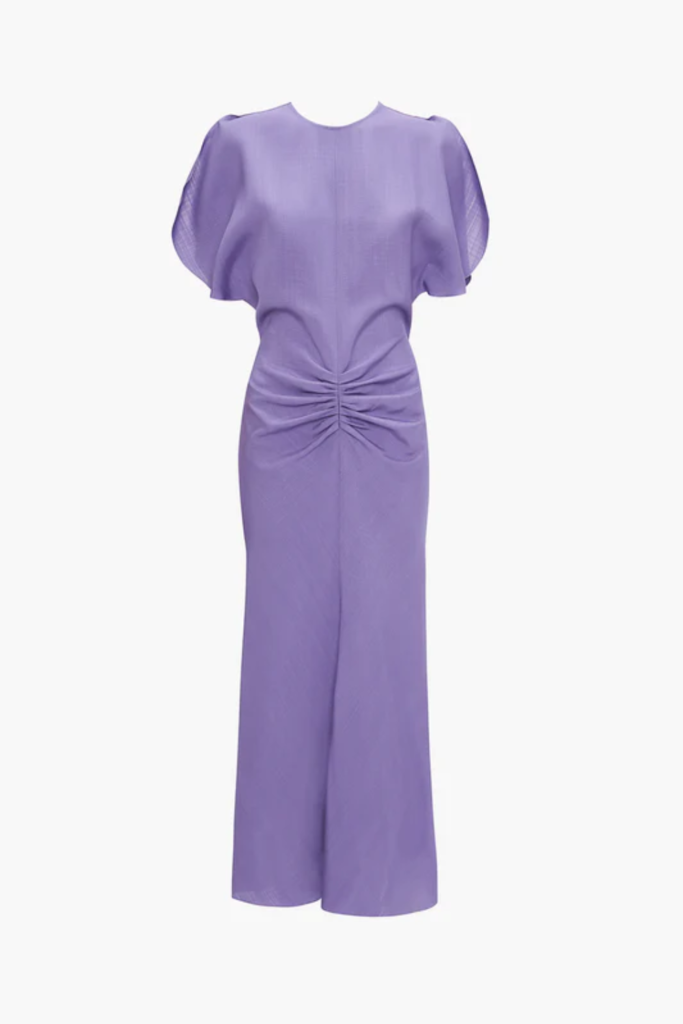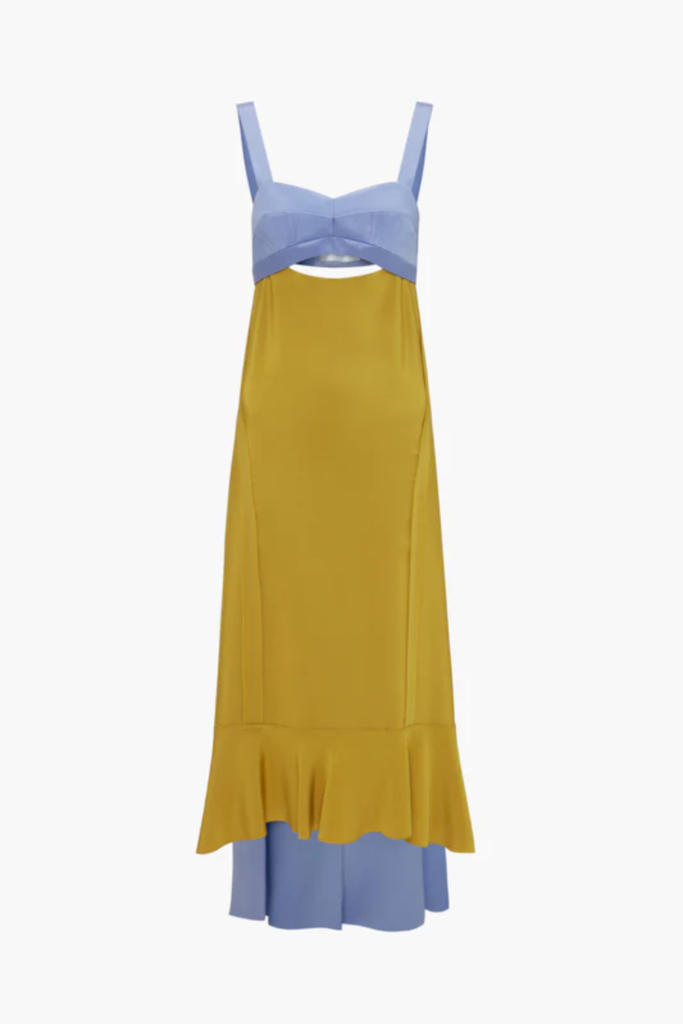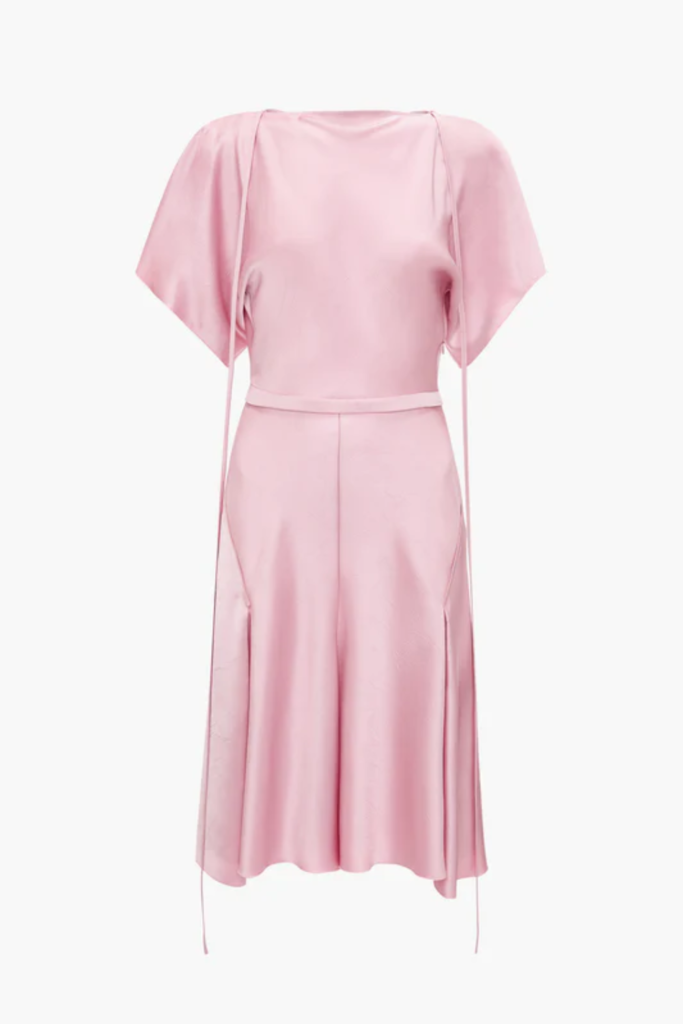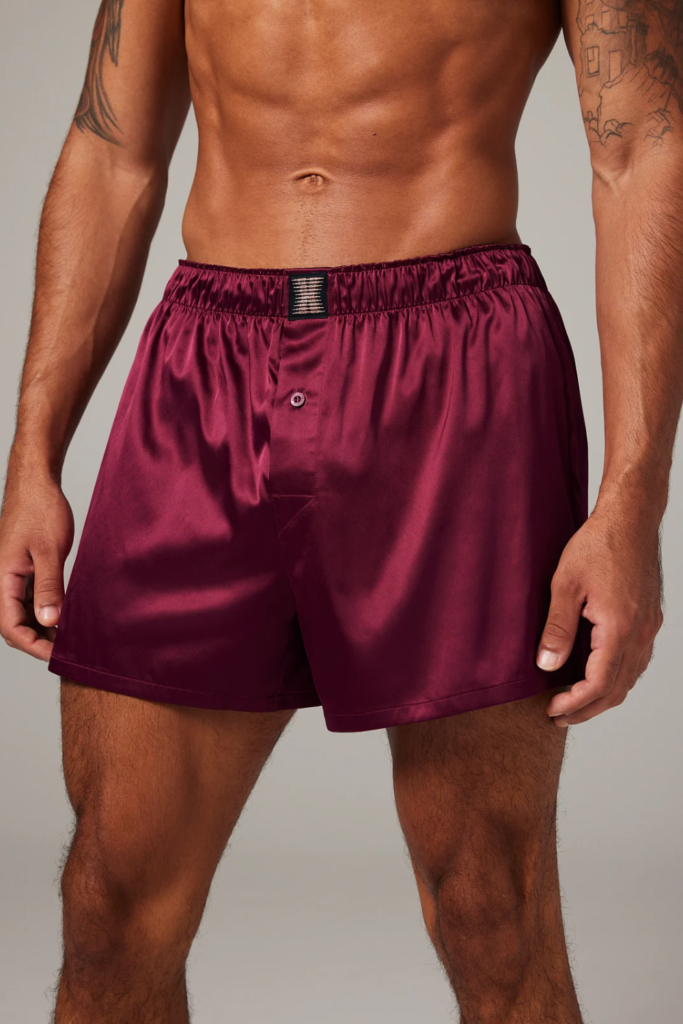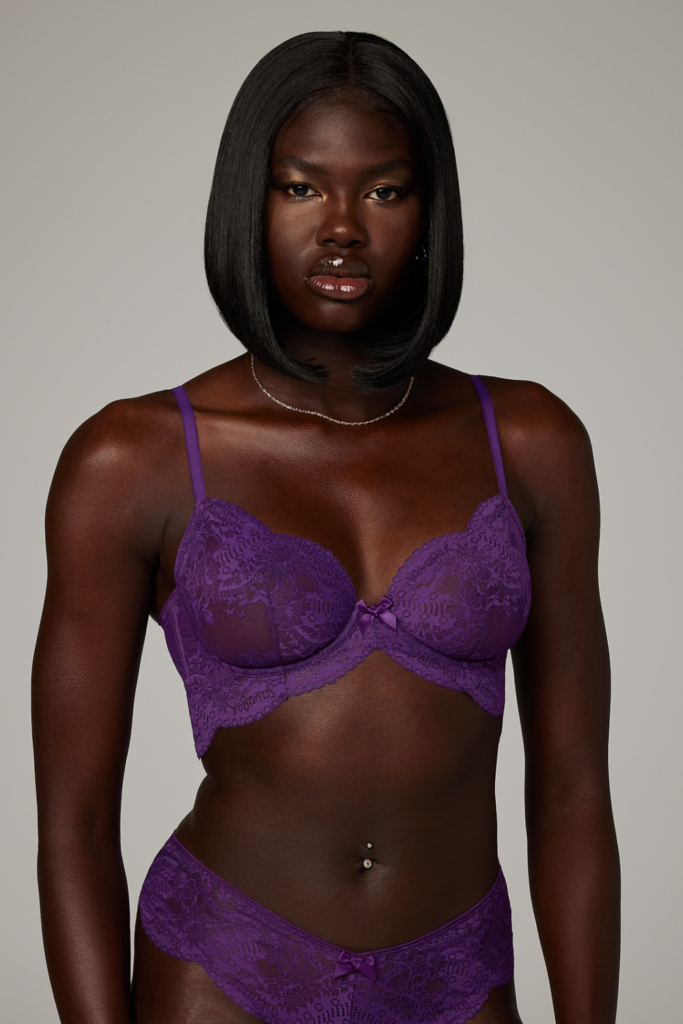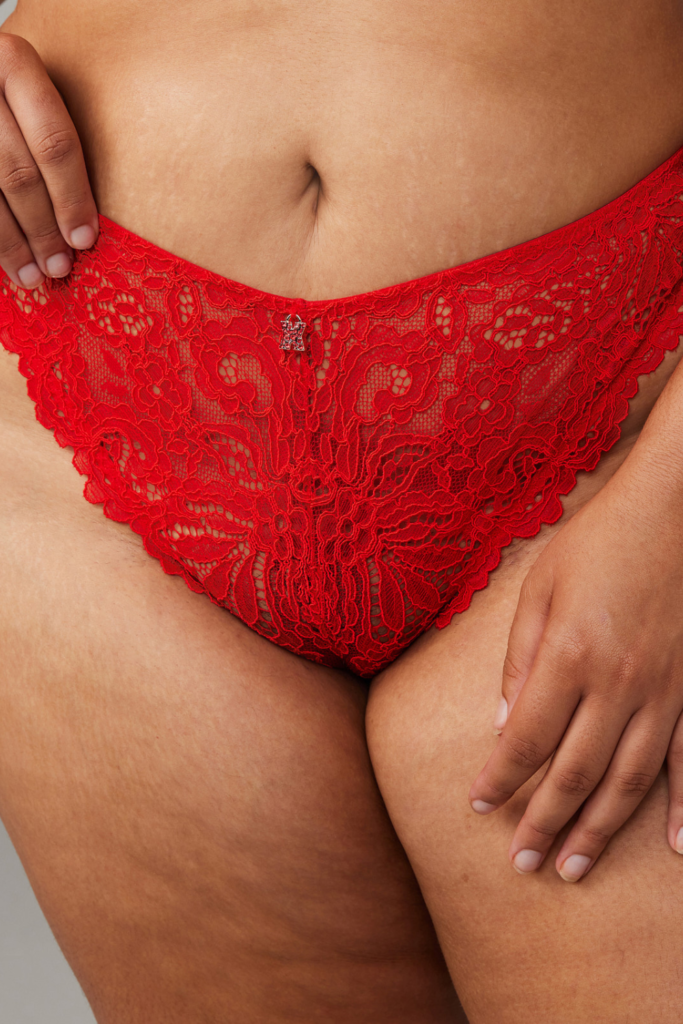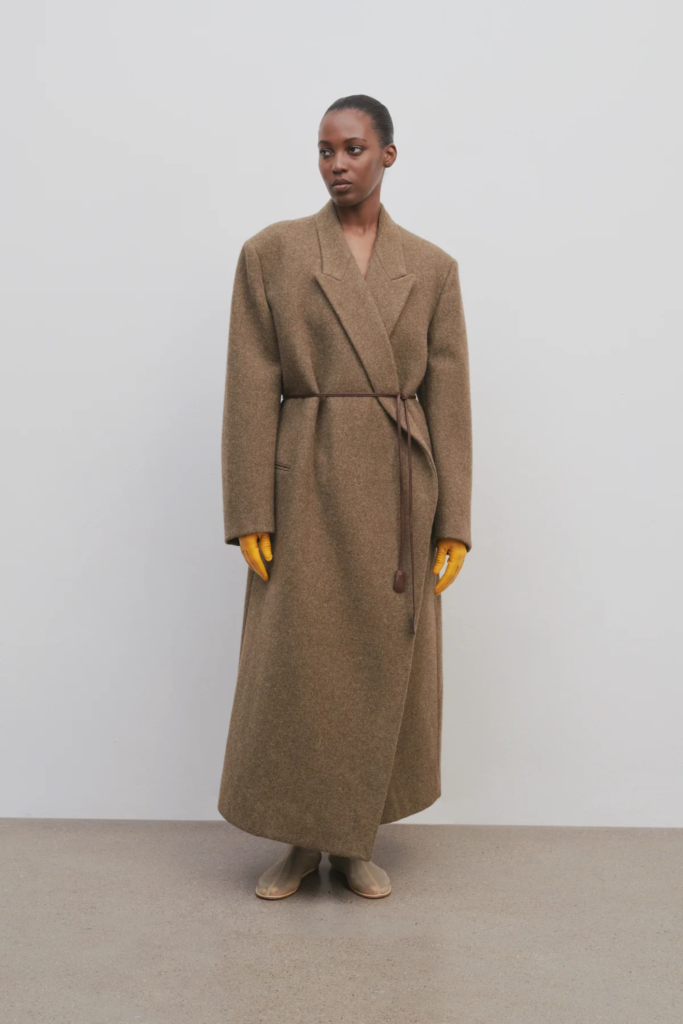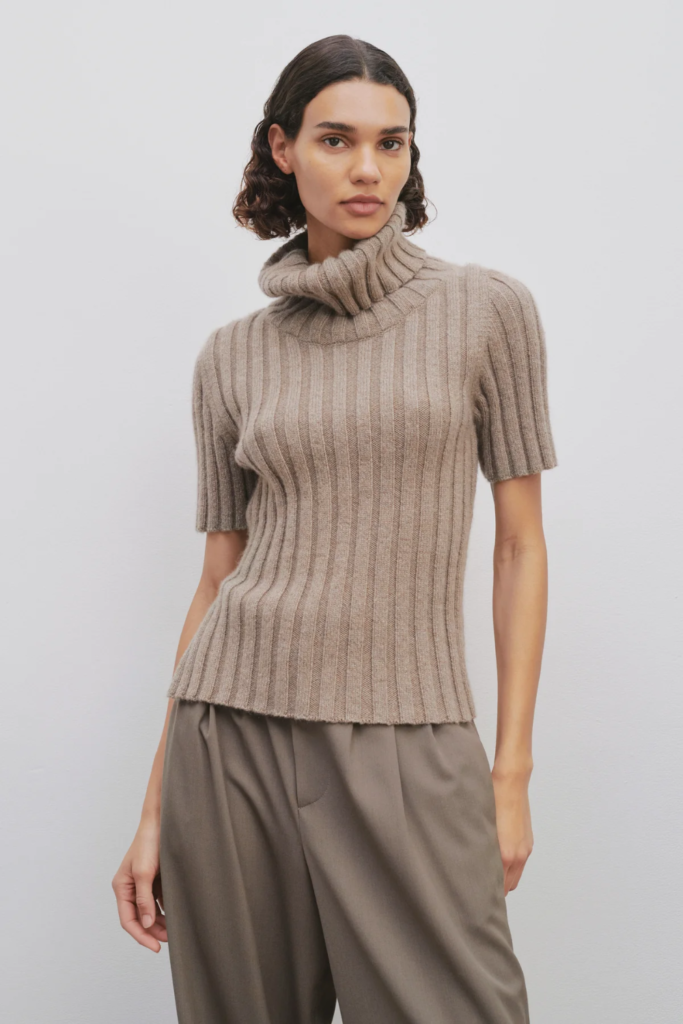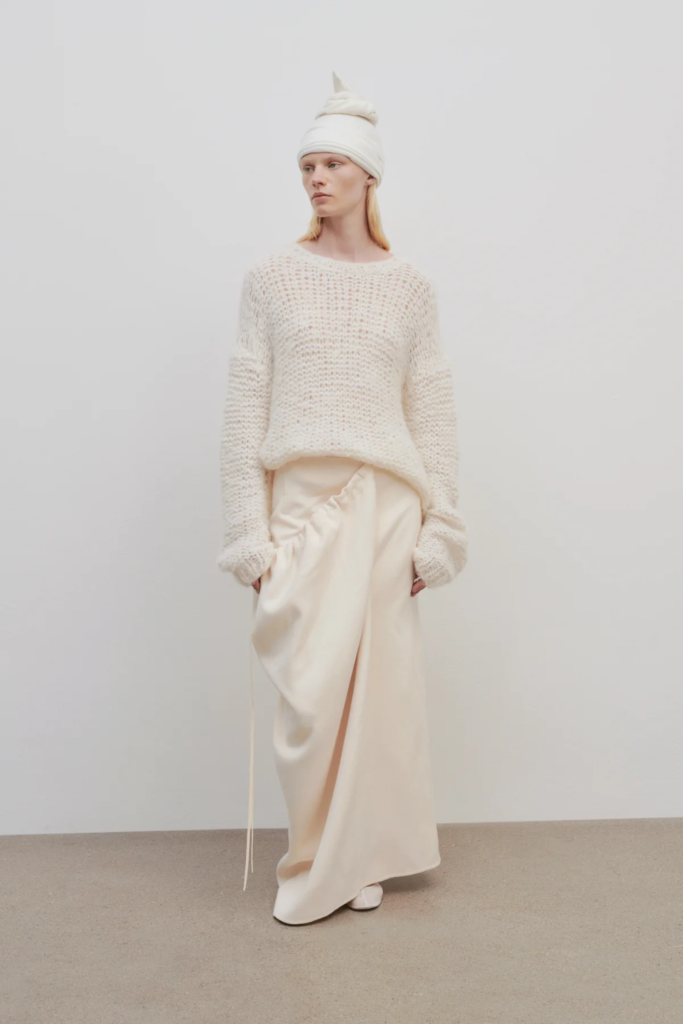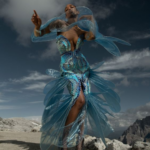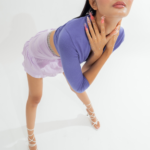In a previous post, I delved into the sustainability (or lack thereof) of Kim Kardashian’s SKIMS. Shortly after, the news came that her younger sister, Kylie Jenner, has also ventured into the world of fashion with her brand Khy.
This development got me thinking. Starting new fashion, skincare, or makeup brands seems to be very popular among celebrities.
Sadly, more often than not, we hear rather negative stories about said brands. Many of these celebrity-owned brands appear to be primarily driven by the pursuit of quick profits, often neglecting environmental and ethical considerations. Not to speak of the blatant copying of smaller, lesser-known fashion brands.
However, is that the case for all celebrity-owned fashion brands? Let’s take a look at some of these fashion brands.
Kylie Jenner’s Khy
On the 31st of October 2023, Kylie Jenner made her highly anticipated debut with her fashion brand Khy. The brand’s first collection, a joint venture with the Berlin-based fashion house Namilia, features a curated selection of just 12 pieces, with an eagerly awaited second collection set to launch later this month.
As usual with the Kardashian family, the brand immediately took over the headlines. Although some reactions were quite negative, with commenters stating that it “is just another fast fashion brand”, Khy surpassed $1 million in sales within the first hour of the launch.
So what about the brands’ sustainability?
The entire collection is made from faux leather, making it a completely vegan collection. While this reflects admirable concern for animal welfare, there are substantial environmental considerations tied to the material. The collection’s leather is comprised of PU leather, a synthetic material akin to plastic with a significant environmental footprint. The material is prone to rapid wear and tear, leading to issues such as cracking and peeling.
In addition, the Khy website lacks a dedicated sustainability page, nor does it provide information on the production or suppliers.
There is much to be improved in Khy’s sustainability. Hopefully, we will see this in the second collection.
Victoria Beckham
In 2008, former Spice Girl Victoria Beckham launched her fashion label, which quickly gained popularity and secured a prominent place in the Fashion Week scene. The brand has retained its position since then and continues to host fashion shows every year. Described on their website as the “eponymous label at the core of the modern women’s wardrobe,” the brand offers a wide range of products, including ready-to-wear clothing, footwear, eyewear, and timeless leather goods.
While the Victoria Beckham website provides limited information about its sustainability initiatives, Impakter reports that the brand has taken significant steps by discontinuing the use of fur, down, angora, and exotic animal skins. However, the brand still utilizes materials like leather, with no available details on their adoption of more sustainable alternatives. Additionally, there is a lack of transparency regarding their suppliers and production processes.
The brand does have a modern slavery statement on its website in which it demonstrates its commitment to ethical operations within the supply chain. Sadly, despite these efforts, the statement lacks sufficient information, and Victoria Beckham receives a “We Avoid” rating on Good On You.
Savage x Fenty
When Rihanna puts her creativity to work, you just know it will be successful. That is what she did with her music, her beauty brands, and also her lingerie brand. In 2018, Rihanna launched Savage X Fenty, which, to no one’s surprise, quickly gained popularity.
Savage X Fenty did what lingerie brands had failed to do: they included diversity. No matter the race, size, ability, gender, or age, Savage X Fenty included everyone. In a world where ‘diversity’ sometimes feels like a buzzword, Savage X Fenty walked the talk.
The brand also had an extremely popular fashion show that included many A-list celebrities, from DJ Khaled to Rico Nasty, and Paris Hilton. And the cherry on top? Earlier last year, the news came that the IPO (Initial Public Offering) was estimated to be valued at $3 BILLION.
Regrettably, there is not much to say about the brand’s sustainability. Savage X Fenty provides insufficient information on their environmental and social impact. The brand does not have a sustainability page, nor does it provide any information on the ethical treatment of workers.
Good On You gives the brand the rating “We Avoid”. Furthermore, in the 2022 Fashion Accountability Report by Remake, the brand is among the lowest ranking, even scoring lower than ultra-fast fashion brand Shein.
The Row
Luxury fashion brand The Row was established by Mary-Kate and Ashley Olsen. The twins started acting at a very young age and are known for the role of Michelle Tanner, which they both played in the comedy series Fuller House. Transitioning away from acting, the twins ventured into the fashion industry in 2006.
The Row gained popularity through its distinctive blend of minimalism, quality craftsmanship, and timeless elegance. The brand places an emphasis on flawless tailoring and timeless sophistication. Such dedication to detail and a commitment to utmost quality is unmistakably reflected in the price, with several items surpassing a staggering $10 000.
But even with these sky-high prices, no mention of sustainability can be found anywhere on the website. Once again, there is insufficient information available to assess the brand’s environmental and ethical practices. Based on this, in line with expectations, The Row also receives a rating of “We Avoid” on Good On You, underscoring its limited commitment to sustainable and ethical practices.
Final Word
It seems that the world of celebrity fashion brands often falls short when it comes to integrating sustainability. As we’ve seen, many of these brands, despite their worldwide popularity and immense financial success, appear to prioritize profits over environmental and ethical considerations.
From materials to production to worker’s rights, most brands fail to even report on these elements. The lack of information on their website, despite their usually rather expensive products, raises many questions about their commitments.
Ultimately, it is very clear that these celebrity-owned fashion brands have a long way to go in incorporating sustainability into their core value and providing transparent information to their customers.
With the impact most of these celebrities have, it is essential to prioritize sustainability, ethics, and transparency to ensure a better future for the fashion industry.
Sources
All pictures contain a link to their source, and all credits go to the rightful owners.
You can find the link to the header picture HERE
